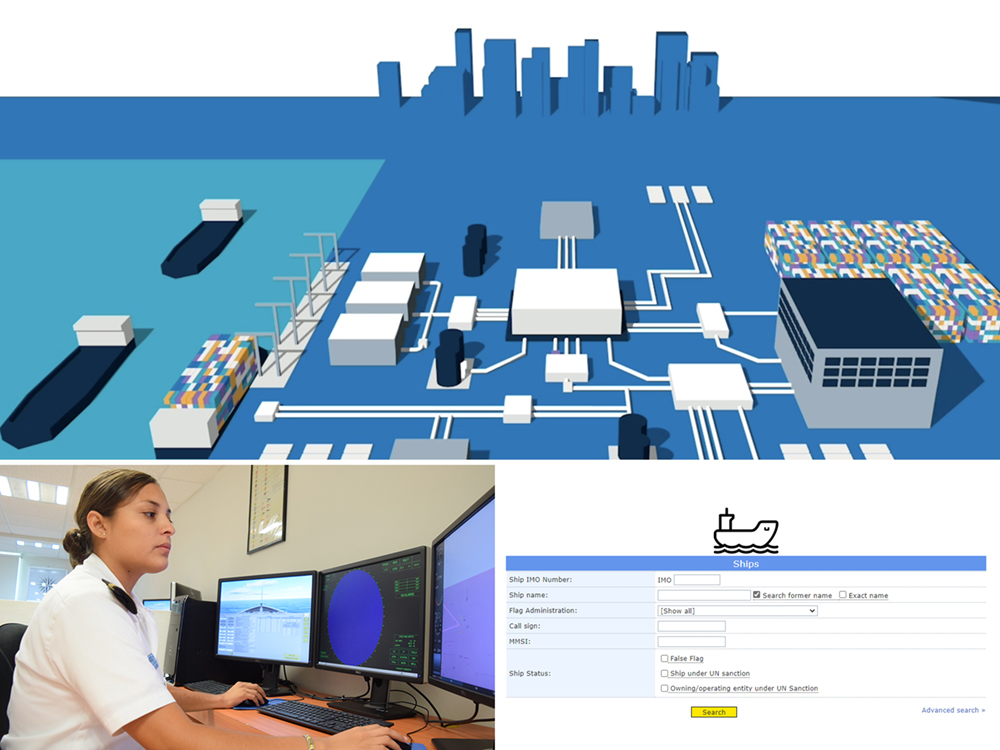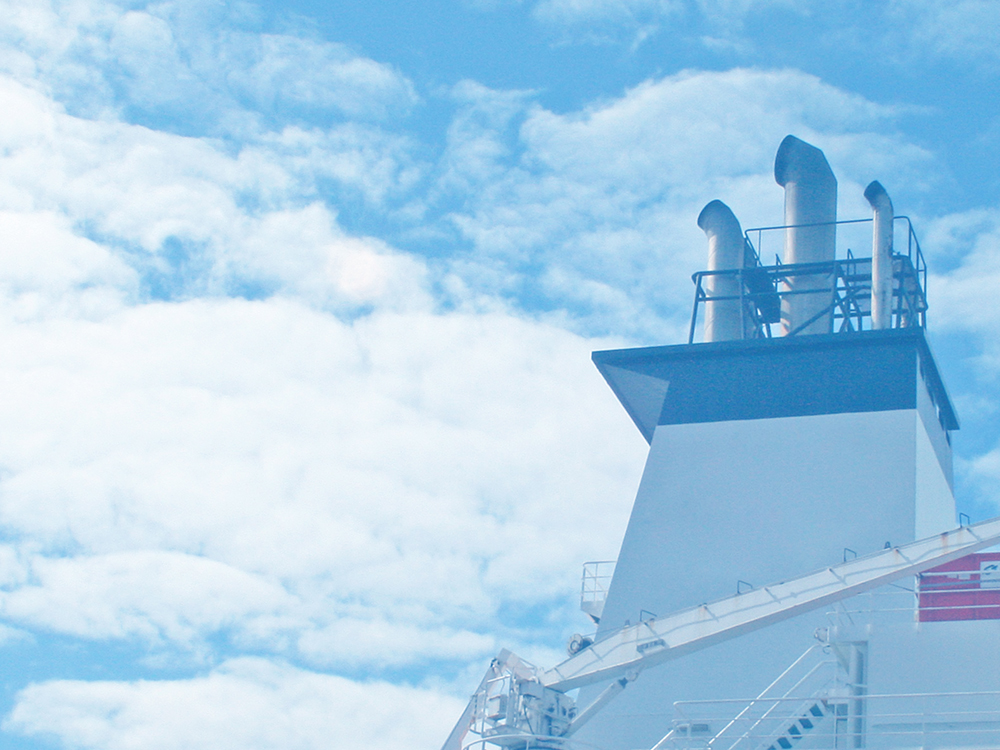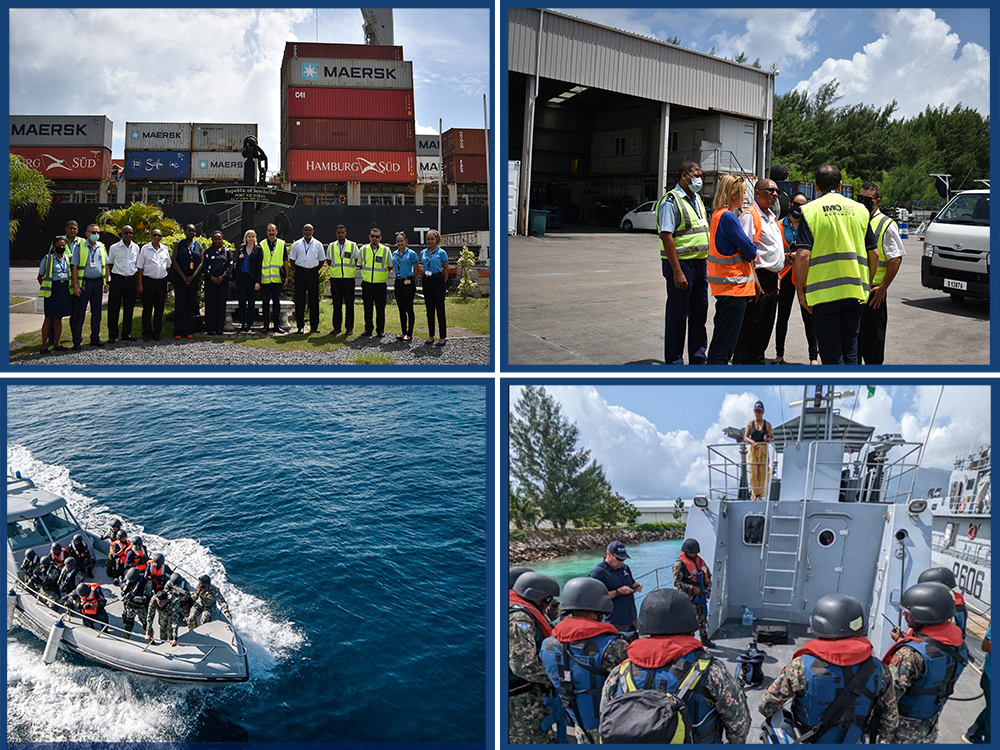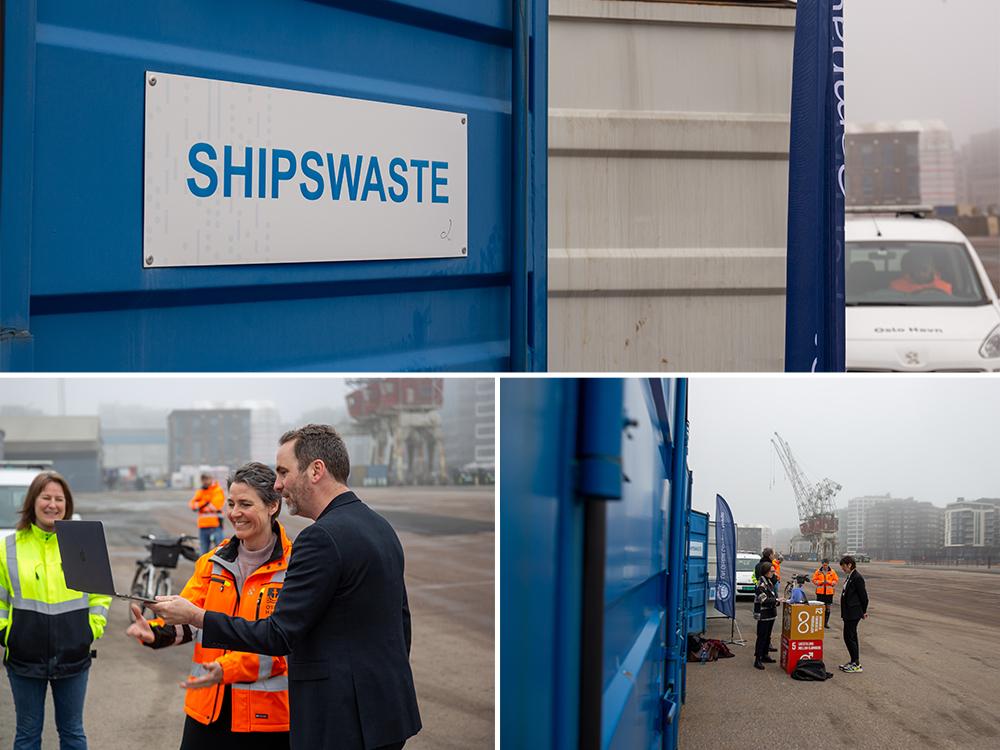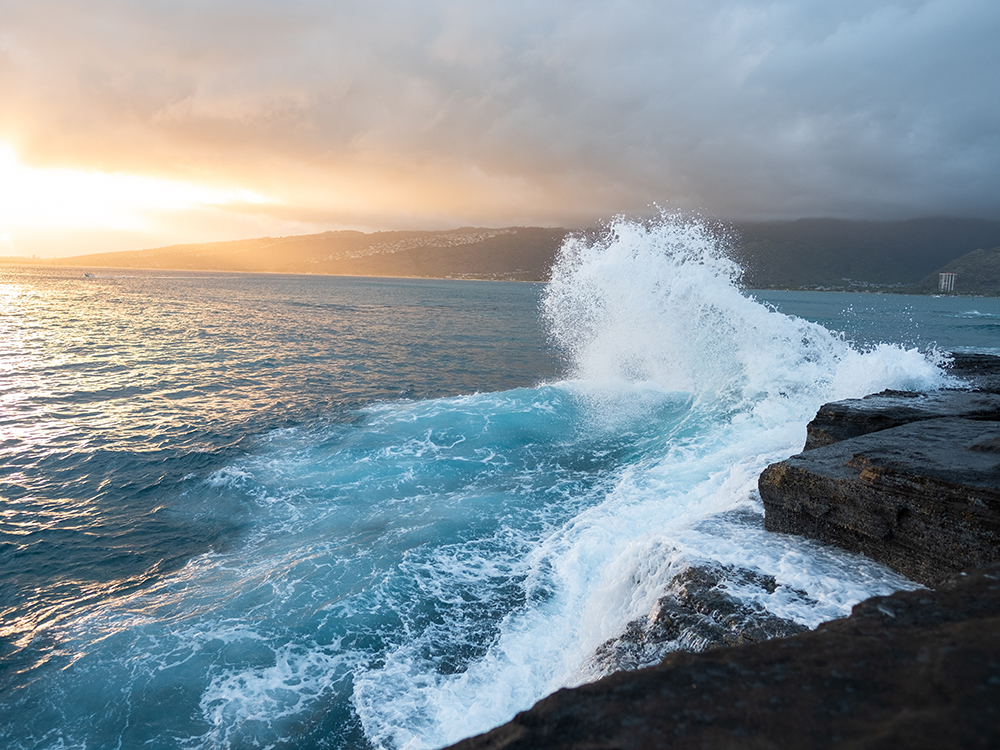Archive 2022
Tackling aquatic invasive species introduced via biofouling – GloFouling task force reviews progress
A major project to tackle bioinvasions by organisms which can build up on ships' hulls and other marine structures saw activities slow down during the COVID-19 pandemic but is on track to meet its targets. The Global Project Task Force of the IMO-executed GloFouling Partnerships project, a collaboration between the Global Environment Facility (GEF), the United Nations Development Programme (UNDP) and IMO, met for its second meeting (11 to 13 April) at IMO Headquarters in London, United Kingdom.
South Africa signs Jeddah Amendment to combat illicit maritime activity
South Africa has become the 17th signatory to the Jeddah Amendment to the Djibouti Code of Conduct (DCoC). The Jeddah Amendment covers measures for suppressing a range of illicit activities, including piracy, arms trafficking, trafficking in narcotics, illegal trade in wildlife, illegal oil bunkering, crude oil theft, human trafficking, human smuggling, and illegal dumping of toxic waste.
100th ratification of Maritime Labour Convention welcomed
IMO has welcomed the 100th ratification of the International Labour Organization (ILO)'s Maritime Labour Convention (MLC), 2006, which is the global instrument mandating seafarers' employment rights and decent working conditions. Oman deposited its instrument of ratification with the ILO on 11 April 2022.
IMO launches e-learning platform
IMO is adding e-learning to its portfolio of services. The first free to access course was launched during an online event (7 April), in the margin of its Pollution Prevention and Response (PPR) Sub-Committee meeting.
Data transparency for addressing fraudulent registries, fraudulent ship registration and other illicit practices
A presentation on the work of IHS Markit/S&P Global related to the fraudulent registration and fraudulent registries of ships (24 March) in the margins of the 109th session of the Legal Committee (21-25 March 2022) outlined the IMO module on Ship and Company Particulars of GISIS, which is available to the public. The module allows for the display of information on "false flag" ships. It is also possible to search for all the ships flying a "false flag".
Supporting implementation of air pollution and energy efficiency rules - MARPOL amendments enter into force
New requirements for fuel oil sampling and testing have entered into force under the MARPOL Convention Annex VI, supporting the implementation and enforcement of the IMO 2020 0.50% limit for sulphur in ships' fuel oil.
Boosting maritime security in the Seychelles
Strengthening the capacity of maritime law enforcement was discussed during a five-day workshop (28 March-1 April) in Mahé, Seychelles. Maritime administrations looked at how to put in place a legal framework to give full effect to the IMO instruments dealing with maritime security.
New Global Industry Alliance launched to tackle sea-based marine plastic litter
United Nations entities and the private sector have joined forces to tackle sea-based marine plastic litter through the GloLitter Partnerships Project. A ground-breaking Global Industry Alliance (GIA), led by the UN Global Compact, was launched in the Port of Oslo, Norway (24 March). The GIA will help tackle one of the most pressing issues in marine ecosystems of our time - plastic entering the ocean.
Protecting the oceans - ban on disposal at sea of sewage sludge proposed
A global ban on the dumping of sewage sludge at sea is a step closer, following the submission to IMO of a proposal to amend the 1996 London Protocol on the prevention of marine pollution by the dumping of wastes. Sewage sludge is a waste that currently may be considered for dumping at sea under both the London 1996 Protocol and its precursor 1972 Convention.
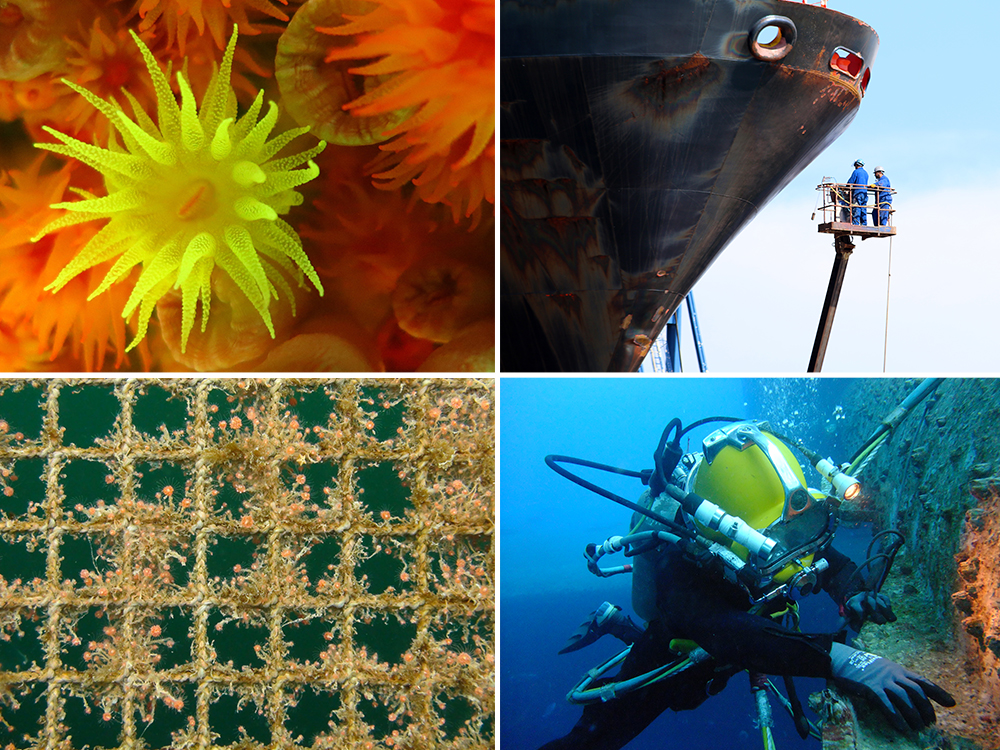
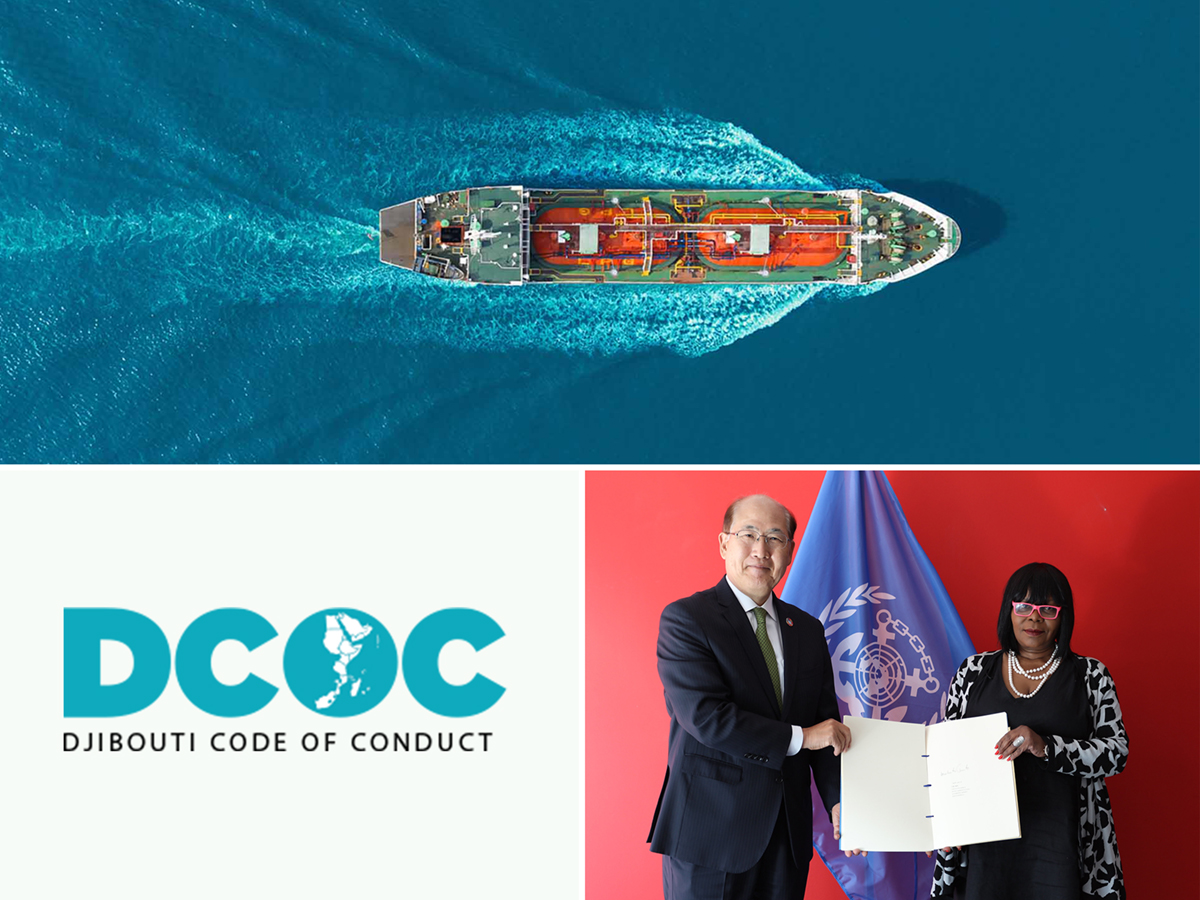
.png)

